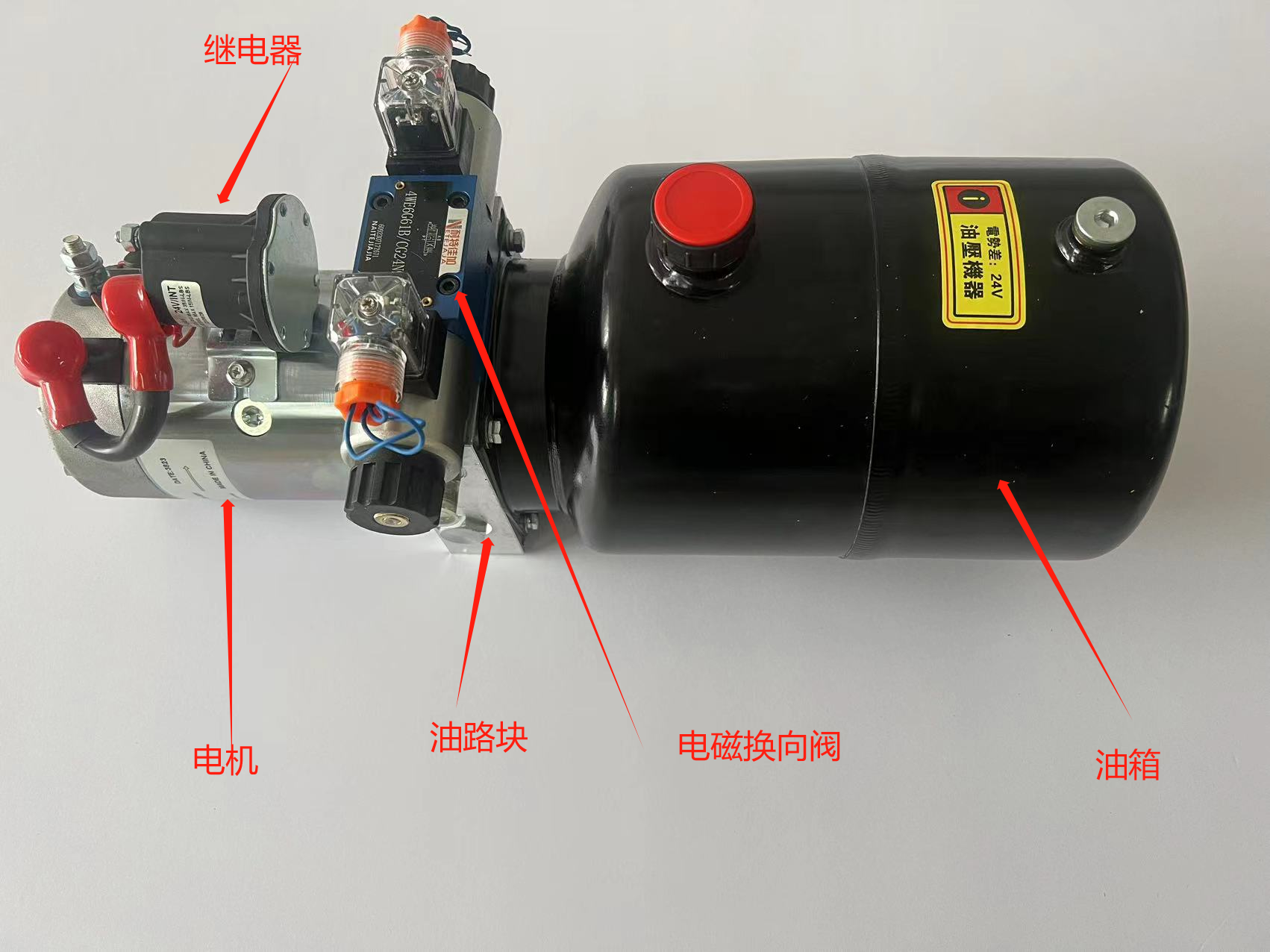Nov . 29, 2024 17:59 Back to list
High-Performance Hydraulic Cylinder Ram Solutions for Various Industrial Applications
Understanding Hydraulic Cylinder Ram Products
Hydraulic cylinders are crucial components in various machinery, playing a fundamental role in converting hydraulic energy into mechanical work. Among the many types of hydraulic products, hydraulic cylinder rams are particularly significant due to their versatility and wide range of applications. In this article, we will explore the construction, operation, and applications of hydraulic cylinder rams, highlighting their importance in modern engineering and industrial processes.
What Is a Hydraulic Cylinder Ram?
A hydraulic cylinder ram is the moving component within a hydraulic cylinder. It is designed to apply force to an object by using pressurized hydraulic fluid. When hydraulic fluid is pumped into the cylinder, it pushes against the ram, causing it to extend or retract. This extension and retraction facilitate various tasks, such as lifting heavy loads, pushing objects, or performing intricate mechanical operations. The effectiveness of the hydraulic cylinder ram is determined by its design, materials, and the pressure of the hydraulic fluid.
Construction of Hydraulic Cylinder Rams
Hydraulic cylinder rams are typically constructed from high-strength steel or specialized alloys to withstand extreme pressures. The construction involves several critical components
1. Ram Rod The main part of the ram, which extends out from the cylinder when activated. It is designed to handle axial loads and provide stability during operation.
2. Seal and Bearings To prevent hydraulic fluid leaks and ensure smooth operation, high-quality seals and bearings are incorporated. These components also reduce friction, enhancing the ram's efficiency.
3. End Fittings Depending on the application, different end fittings (like clevis, eyelet, or threaded ends) can be attached to the ram, allowing it to connect easily with various tools or equipment.
hydraulic cylinder ram products

4. Surface Treatment Many rams undergo surface treatment, such as hard chrome plating, to enhance resistance to wear and corrosion, thus prolonging their lifespan.
How Hydraulic Cylinder Rams Work
The operation of a hydraulic cylinder ram is straightforward yet effective. When hydraulic fluid enters the cylinder under pressure through an inlet port, it creates hydraulic pressure that pushes against the surface of the ram. According to Pascal's Law, the pressure exerted on a confined fluid is transmitted undiminished in all directions. Therefore, even small amounts of force applied through the fluid can result in significant mechanical force exerted by the ram.
For example, in a construction setting, a hydraulic cylinder ram may be used to lift a heavy beam into place. When the operator activates the hydraulic system, the ram extends, lifting the beam with precision. Once the beam is in position, the hydraulic fluid can be released, allowing the ram to retract for the next operation.
Applications of Hydraulic Cylinder Rams
The applications of hydraulic cylinder rams are vast and varied. They can be found in numerous industries, including
- Construction Used in excavators, loaders, and cranes for lifting and moving heavy materials. - Manufacturing Essential for presses and machinery that require force to shape or cut materials. - Automotive Employed in automotive lifts and assembly lines to facilitate vehicle maintenance and production. - Agriculture Used in equipment such as tractors and harvesters for various lifting and tilting functions. - Aerospace Applied in landing gear systems and other aircraft components that require reliable, high-force actuation.
Conclusion
Hydraulic cylinder rams are indispensable in modern engineering and industry. Their ability to convert hydraulic energy into precise mechanical motion makes them essential tools across various sectors. Understanding the functionality, construction, and applications of these components can help industries leverage their full potential, enhancing efficiency, safety, and productivity in operations. As technology advances, the design and capability of hydraulic cylinder rams continue to evolve, paving the way for even more innovative applications in the future.
-
Fork Lift Power Units - Hebei Shenghan | Efficiency, Reliability
NewsJul.13,2025
-
1.5-Ton Turbocharged Cylinder-Hebei Shenghan|Hydraulic Solution,Energy Efficiency
NewsJul.13,2025
-
Auto Hoist Power Units-Hebei Shenghan|Efficiency&Industrial Lifting
NewsJul.13,2025
-
Double Acting Power Units-Hebei Shenghan|Hydraulic Solutions,Industrial Efficiency
NewsJul.13,2025
-
1.5 Ton Lifting Cylinder 70/82-40-290-535 - High-Performance Hydraulic Solution | Hebei Shenghan
NewsJul.13,2025
-
Fork Lift Power Units - Hebei Shenghan | Efficiency&Reliability
NewsJul.13,2025
